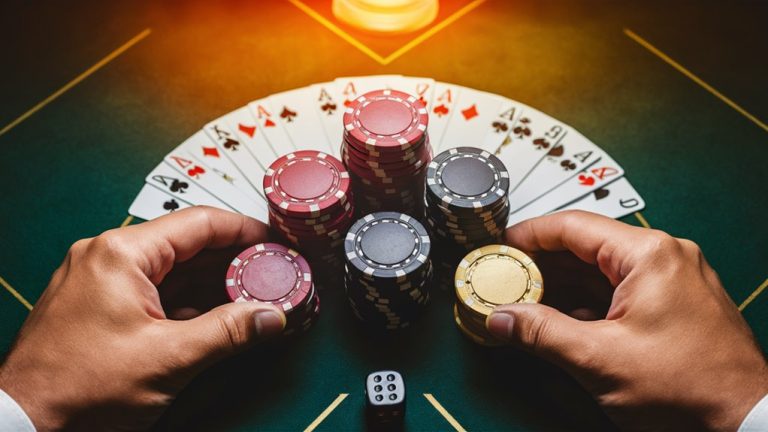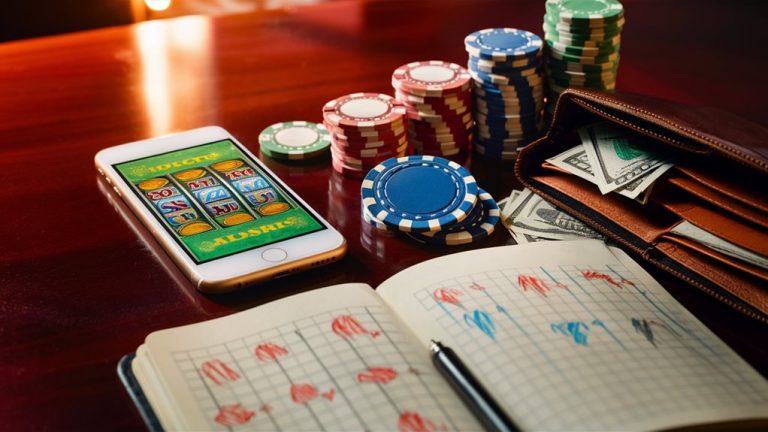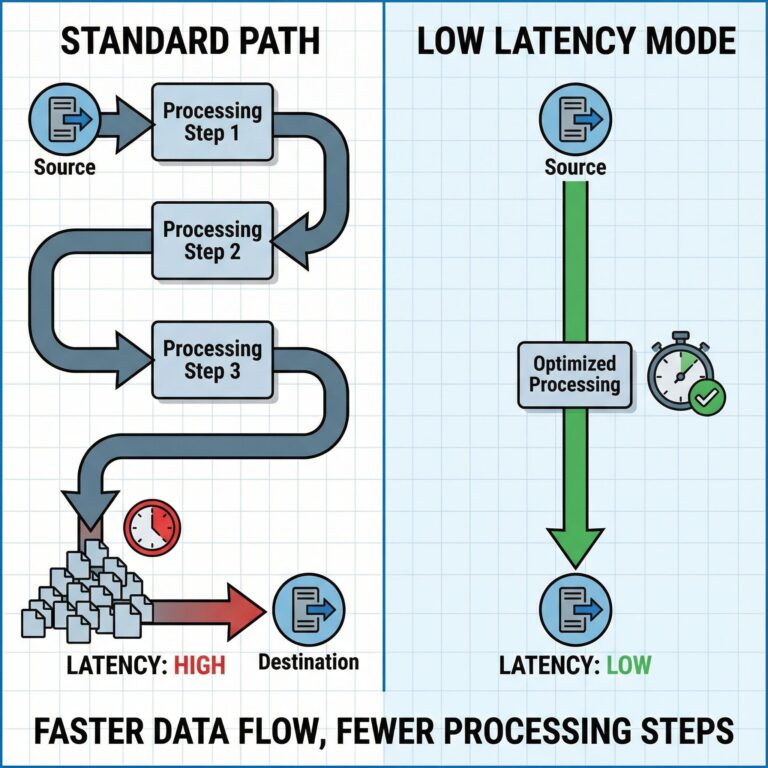Poker Myths: True Facts About the Game
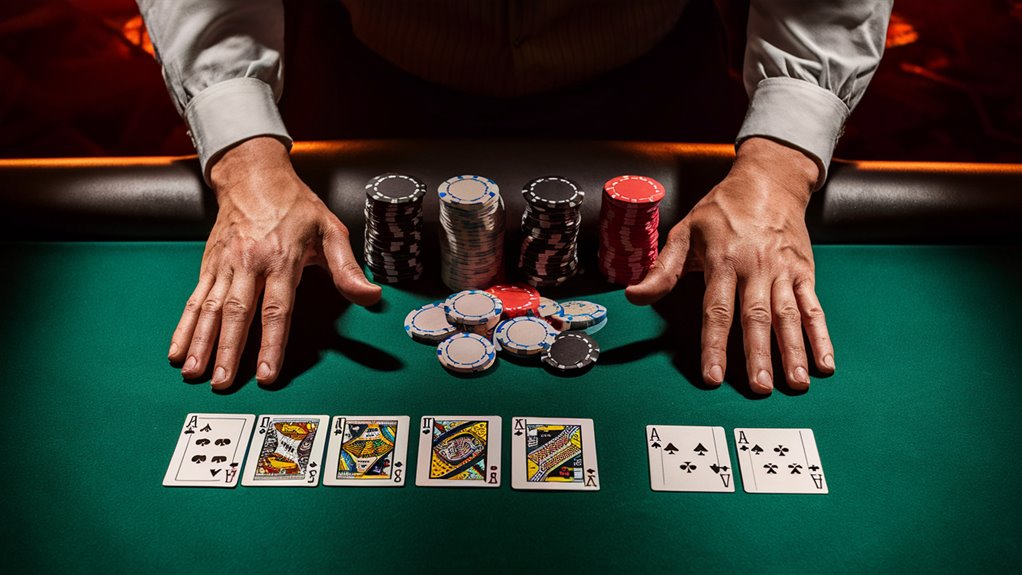
Skill or Luck?
Playing poker well needs skill, not just luck. Luck helps in short games, but long-term wins come from smart math and good choices. Data shows that those who are good at it keep winning against less skilled players in the long run.
Bluffing Truth
Great poker players do not bluff as much as people think. They bluff in about 25-30% of games, using good spot reads and math. They win by using math, not by just scaring others. 추천 업체 리스트 확인
Online Poker Is Fair
Trusted online poker sites use good random number tech that passes tough tests. These systems deal cards just like real decks, killing the myths about fixed games. Checks on these systems happen all the time to make sure they are fair.
Beyond Physical Tells
Even though movies show face tells, real poker winners rely on how you bet and past game data. Smart players focus on math rather than just trying to read faces. Proper data checks help more in making good play choices than just looking for tells.
What is Variance?
Variance in poker shows normal ups and downs in game outcomes, not tricks. Pros manage their money by math rules, knowing short term ups and downs are normal, but skill shows in the long run.
Is Poker Just Luck? Math vs. Chance
Math Wins in Poker
Pro poker isn’t just about luck, unlike luck games like roulette. While a single game may have luck, long wins come from smart choices and knowing the odds. Looking at lots of poker games shows that the good players often make money over time.
What Makes a Pro in Poker
Key Skills
- Reading the game
- Math for odds
- Knowing your opponents
- Keeping track of money
- Judging risks
Poker as a job shows it’s about skill. Top players win a lot by making choices that are good just like in a tough business. They play smart, keep losses low, and find places to gain.
The Role of Luck
Luck in poker makes things unknown short term but does not set who wins after a lot of games. Pros work to make choices that are best with the math rather than just hoping. By doing this often, poker turns from a gamble to a skill job where:
- Thinking beats luck
- Keeping calm helps win
- Having a math edge adds up
- Making good choices brings cash
Top players know luck plays a part in single games but long term winning needs smart thinking and good action.
The Facts on Pro Poker Players and Bluffing
Pro Poker Plans
Pro poker players mainly use math, not just bluffing. They bluff in about 25-30% of games when the moment and other player styles are right.
Math in Poker Choices
Smart poker game plans focus on key math ideas like pot chance, hoped-for chance, and spot math. Pros put most weight on value odds and odds guess over tricky plays, making up why they often win.
Choosing When to Bluff
Top poker players stay strict by playing strong hands and folding weak ones. Their bluff choices come from deep looks at:
- How others play and their weak spots
- Good math chances
- How the table feels
- Where they sit
Busting Poker Myths
TV and movies have made people think bluffing is a bigger deal than it is. Long-term poker winning comes from:
- Strong base play
- Strict hand picking
- Smart money plans
- Math focus
- Smart spot plays
The real world of pro poker is about smart choice and math details, not just big bluffs.
Math Skills and Winning Poker: A Full Guide
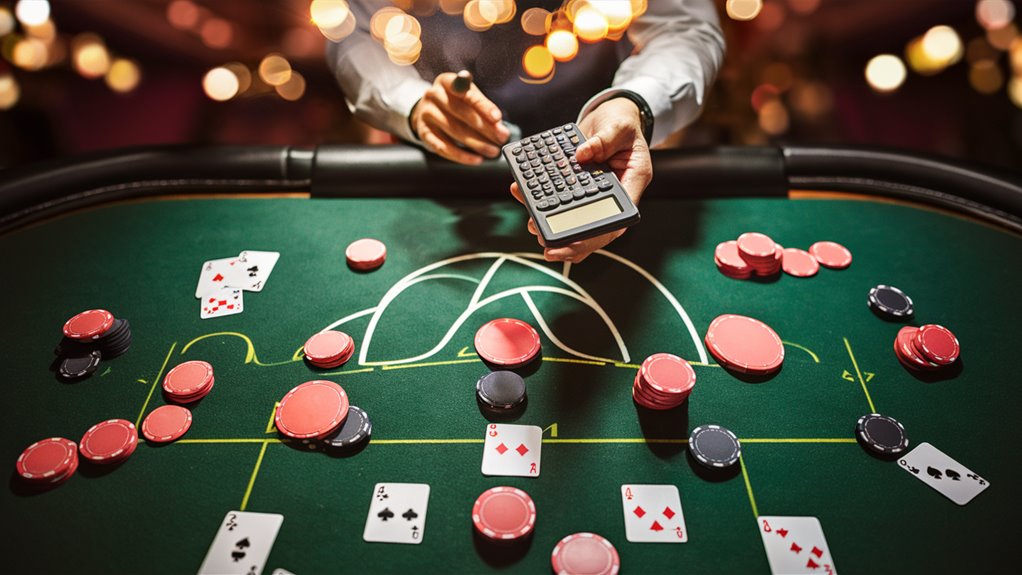
The Big Role of Math in Poker
Good math skills are key for steady poker wins, but many do not get it right. While working out pot odds, hoped-for odds, and value bets help in making choices, math is just one part of a winning plan.
Mixing Math and Other Poker Skills
Pro poker players know that just being great at math does not mean you will always win. Many who are good at numbers still lose as they focus too much on odds and forget about other key parts like reading players, timing, and how the table feels. Winning often needs putting math knowledge with full poker skill.
Key Math Ideas for Poker
Real Uses
Building real-use poker math lets you make smart, money-making choices fast. Focus on:
- Simple pot odds
- Value bet checks
- Play-risk maths
- Math for your spot
Putting Math to Use
The best players build quick math guess skills for making choices in real-time. Rather than complex math, focus on fast pot odds and spotting clearly good plays.
Building Full Poker Skills
Top-level poker needs a mix of skills. While knowing math is crucial,
elite players add this to:
- Deep player reads
- Staying cool
- Being able to change up play
- Spotting patterns
Math power works best as part of many skills, not just on its own.
Face Reading in Poker: Fact vs. Fiction
The Real Deal on Poker Tells
Reading faces and body signs in poker are often not as clear as people think. While movies show big moments from spotting tells,
the true story is more complex. Knowing when and how to use poker face reads can really help your game.
Looking Past Simple Clues
Body signs can often trick even the best players. A shaking hand might mean:
- Real nerves
- Coffee jitters
- Health issues
- Outside stress
- On purpose tricks
Other Smart Ways to Play
Winning at poker mainly uses:
- How you bet and when
- Playing the right spot well
- Knowing the odds
- Watching how others play
- Managing your stack well
Good Use of Face Reads
Rather than just looking for tells, smart players mix them into a full plan. Smart poker ways use many clues:
- Stats from past games
- Old game data
- How the table feels
- Watching players
- How people bet
Getting Good With Skills
Work on basic poker skills while using face reading as extra info. Pro poker plans need:
- Steady making choices
- Using lots of data points
- Keeping play balanced
- Being able to switch up
- Always getting better
Know this: No one way makes sure you win at poker. Winning comes from mixing many plans and playing smart all the time.
Is Online Poker Fixed? Facts vs. Myths
How Online Poker Uses Random Numbers
Good online poker spots use high-tech random number generators that get checked a lot by other groups. These RNGs make card mixes that match real poker chance results. Big poker sites work hard to keep games fair as they need player trust and must follow tough rules.
Misunderstood Ideas on Online Poker
The Play Lots Factor
Thinking games are fixed often comes from playing way more hands online than live. Players see 4-5 times the hands each hour online, seeing more rare bad plays and big losses.
Checking the Math
Deep looks at game data show online poker matches expected number patterns. Many studies keep showing card mix patterns fit what should happen, Stories From Las Vegas
based on millions of games checked.
Making Sure Online Poker Is Fair
Smart Steps for Players
- Pick known, tested poker sites
- Use game check tools
- Understand that ups and downs are normal
- Check site checks and safety plans
- Watch your own game data
The math and tech behind today’s online poker make sure play is fair and random. While surprise losses and big wins will happen,
these are just part of the game’s normal ups and downs. Stick with trusted sites and work to get better rather than doubting how online poker works.

